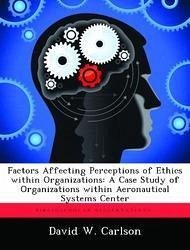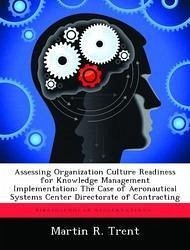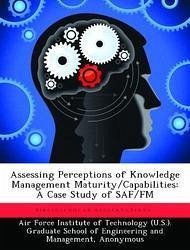
Factors Affecting Perceptions of Ethics Within Organizations: A Case Study of Organizations Within Aeronautical Systems Center
Versandkostenfrei!
Versandfertig in über 4 Wochen
59,99 €
inkl. MwSt.

PAYBACK Punkte
30 °P sammeln!
This thesis studied some of the factors that can be used to help predict perceptions of ethical climate within organizations. Specifically, five organizations within Aeronautical Systems Center (ASC) were analyzed by evaluating four years of cultural survey data. The factors that were studied were analyzed through the use of different statistical processes (to include a regression analysis) in order to determine if they could significantly predict the perceptions of the ethical climate of the five ASC organizations studied. The factors were also analyzed to determine how influential the signif...
This thesis studied some of the factors that can be used to help predict perceptions of ethical climate within organizations. Specifically, five organizations within Aeronautical Systems Center (ASC) were analyzed by evaluating four years of cultural survey data. The factors that were studied were analyzed through the use of different statistical processes (to include a regression analysis) in order to determine if they could significantly predict the perceptions of the ethical climate of the five ASC organizations studied. The factors were also analyzed to determine how influential the significant factors were in predicting perceptions of the ethical climate of the organizations. The results of this thesis indicate that leadership and friendliness are the two most influential and significant factors (of the ones studied) that can be used to help predict ethical perceptions within organizations. Friendliness was defined as how friendly employees are with each other and how much interaction they have with each other. The implications of these findings are that managers can use these results to help improve their organization's ethical climate.














